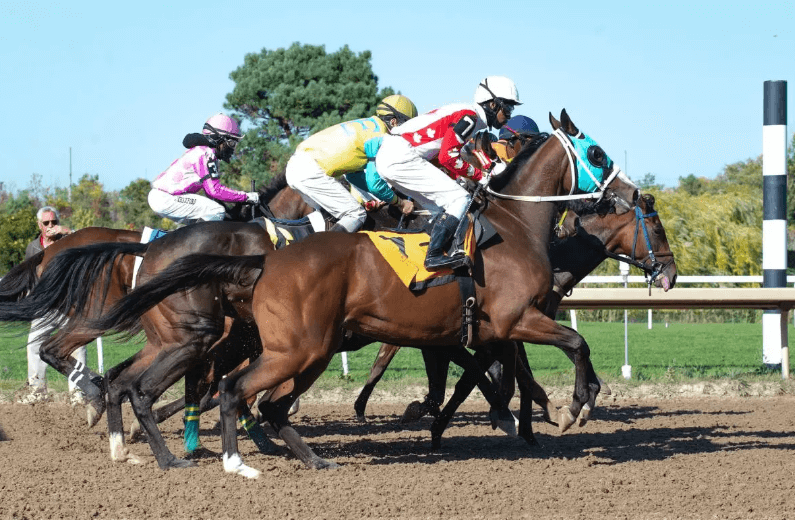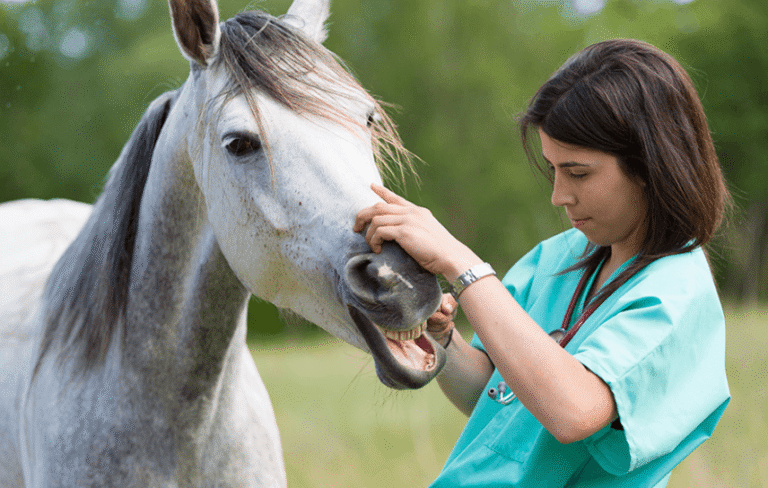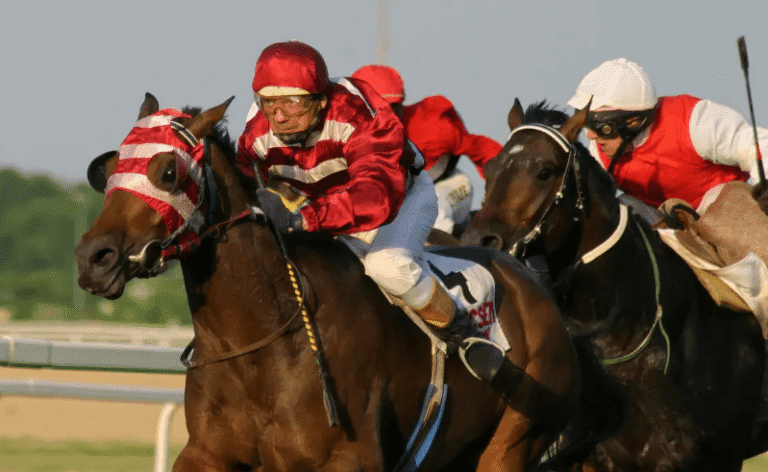The Role of Trainers in Preparing a Horse for Racing

Trainers serve as the backbone of a horse’s racing journey. Their responsibilities extend beyond mere exercise; they craft tailored training programs that enhance a horse’s individual capabilities. By closely monitoring performance and health, trainers also ensure that every aspect of a horse’s preparation is optimized. Furthermore, they foster essential bonds of trust and communication between horse and rider. Yet, the intricacies of this relationship raise questions about how these elements converge to maximize racing potential.
Understanding the Trainer’s Responsibilities
A skilled trainer plays a pivotal role in preparing a horse for the rigors of racing. Through meticulous performance analysis, they assess each horse’s strengths and weaknesses, ensuring optimal readiness.
Developing effective race strategy is equally crucial, as trainers must anticipate competition and conditions. This comprehensive approach cultivates a harmonious partnership between horse and rider, fostering a spirit of freedom and excellence on the track.
Developing Customized Training Programs
Building on the trainer’s responsibilities, developing customized training programs is fundamental to a horse’s success in racing.
These programs involve personalized workouts tailored to each horse’s strengths and weaknesses, ensuring optimal performance. Regular performance assessments guide adjustments, fostering growth and resilience.
See also: The Role of Jockeys in Horse Racing: Skills and Responsibilities
Ensuring Optimal Nutrition and Health Care
Optimal nutrition and health care form the cornerstone of a horse’s racing success, significantly impacting performance and longevity.
Trainers develop tailored nutrition plans that meet each horse’s specific needs, ensuring optimal energy levels and recovery.
Continuous health monitoring allows trainers to identify potential issues early, maintaining peak physical condition.
This meticulous approach fosters a sense of freedom, empowering horses to reach their full racing potential.
Building Trust and Communication With Horses
Beyond nutrition and health care, the relationship between trainers and horses plays a pivotal role in racing preparation.
Building trust and communication requires trainers to engage in effective trust exercises and recognize communication cues from their horses. This connection fosters confidence and performance.
- Establish a routine
- Use positive reinforcement
- Observe body language
- Practice consistent trust exercises
Conclusion
In conclusion, trainers are instrumental in maximizing a horse’s racing potential through tailored training regimens, proper nutrition, and health care. A study indicates that horses under the guidance of skilled trainers can improve their race performance by an average of 15% compared to those with less experienced handlers. This statistic underscores the vital role trainers play in cultivating not only physical prowess but also the essential bond of trust and communication, ultimately shaping champions on the racetrack.




